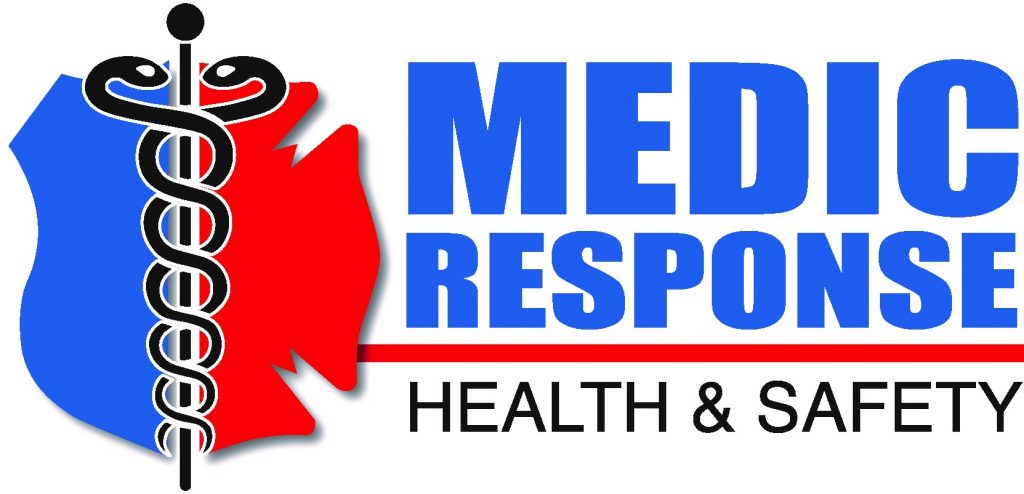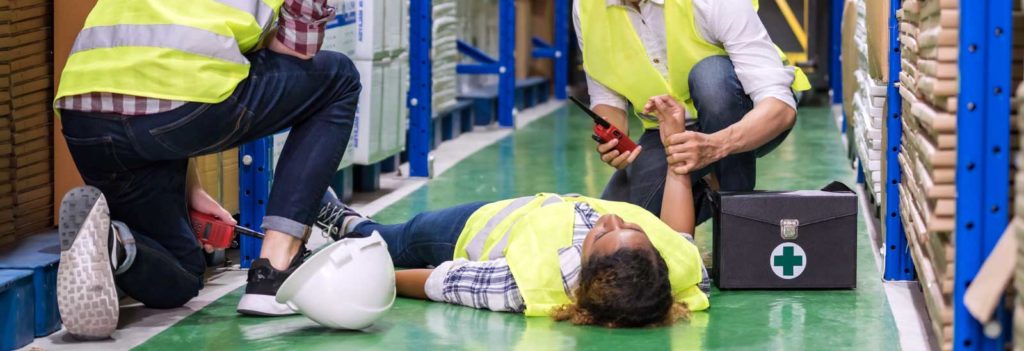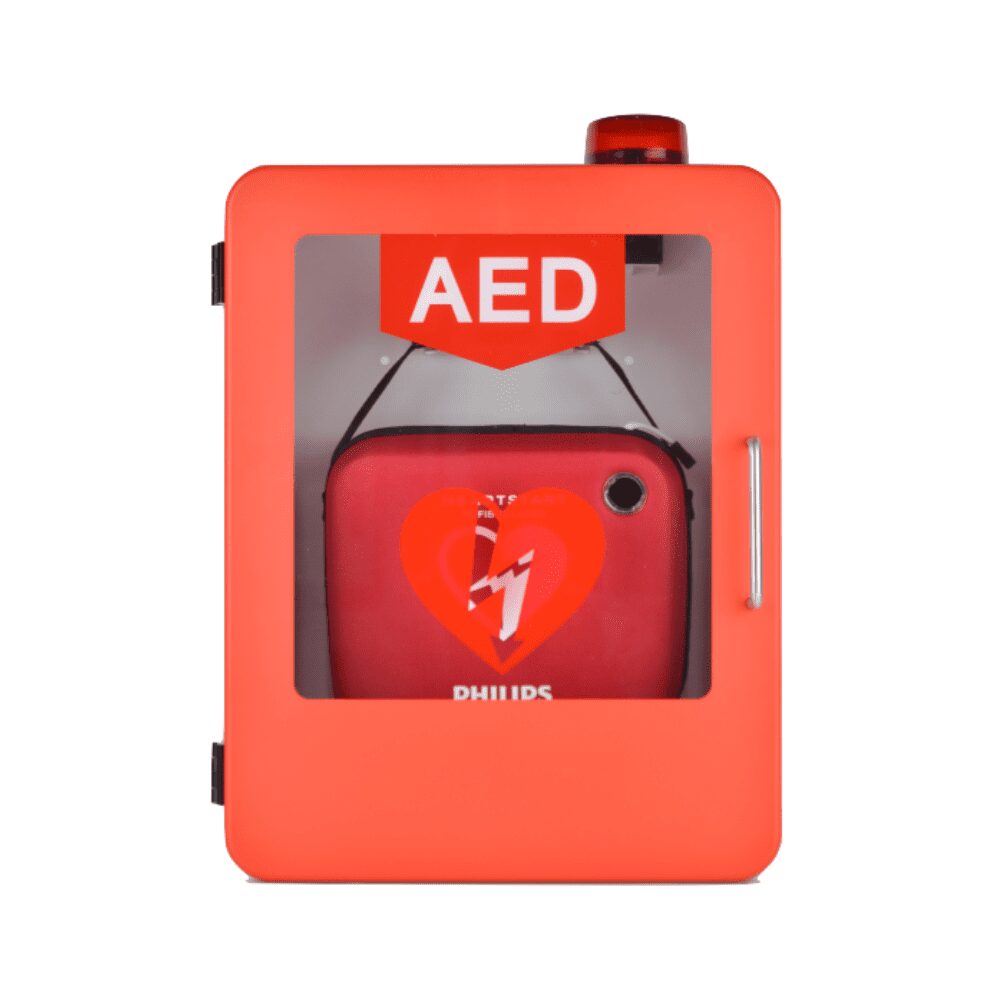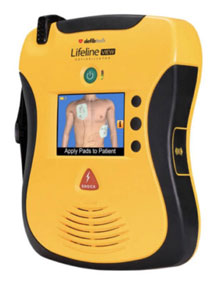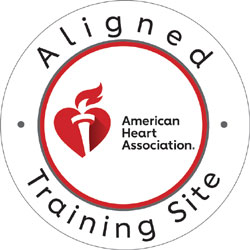Preparedness, Safety Tip, Training
Saving Lives on the Job: The Importance of CPR and AED Training for Construction and Outdoor Workers
Medic Response Health & Safety offers CPR AED training courses for Construction and Outdoor workers.
In high-risk industries like construction, electrical contracting, landscaping, and road construction, workplace safety isn’t just a priority—it’s a necessity. While strict safety protocols and equipment can mitigate many dangers, emergencies can still occur, and being prepared to respond swiftly can mean the difference between life and death. One vital aspect of this preparedness is CPR (Cardiopulmonary Resuscitation) and AED (Automated External Defibrillator) training.
Why CPR and AED Training Matter
- Immediate Response Saves Lives: Construction sites and outdoor work environments often involve heavy machinery, heights, and other hazards that can lead to accidents resulting in cardiac arrest. In such situations, immediate intervention is crucial. CPR and AED training equip workers with the skills to provide essential life support until professional medical help arrives, significantly increasing the chances of survival.
- Rapid Access to AEDs: AEDs are portable devices that can analyze the heart’s rhythm and deliver an electric shock to restore normal heart rhythm in the event of sudden cardiac arrest. Having AEDs strategically placed on construction sites, in company vehicles, or at outdoor work locations ensures quick access in emergencies, further enhancing the effectiveness of CPR efforts.
- Comprehensive Safety Measures: Incorporating CPR and AED training into safety protocols demonstrates a commitment to comprehensive safety measures by employers. It empowers workers to take immediate action in emergencies, fostering a culture of preparedness and responsibility within the workforce.
Benefits Across Industries
Construction Workers:
Construction sites are dynamic environments where accidents can happen unexpectedly. CPR and AED training provide construction workers with the skills needed to respond effectively to cardiac emergencies, potentially saving the lives of colleagues and bystanders.
Electrical Contractors:
Electrical work poses unique risks, including the potential for electric shock and associated cardiac events. CPR and AED training are essential for electrical contractors to address these risks promptly and ensure the safety of themselves and their team members.
Landscape Companies:
Outdoor work in landscaping often involves remote locations where access to emergency medical services may be delayed. CPR and AED training equip landscape workers with the tools to intervene immediately in cardiac emergencies, enhancing safety in these environments.
Road Construction Crews:
Road construction sites present hazards such as heavy machinery, traffic, and environmental factors. CPR and AED training are critical for road construction crews to respond effectively to emergencies on-site, protecting both workers and motorists.
CPR and AED training are indispensable components of workplace safety in high-risk industries like construction, electrical contracting, landscaping, and road construction. By providing workers with the knowledge and skills to respond swiftly to cardiac emergencies, employers can significantly improve outcomes and save lives. Investing in comprehensive safety measures, including CPR and AED training, demonstrates a commitment to prioritizing the well-being of employees — a commitment that is invaluable in safeguarding lives on the job.
Call Medic Response Health & Safety today at 703-449-5438 to set up CPR AED training classes for your office or job site.
